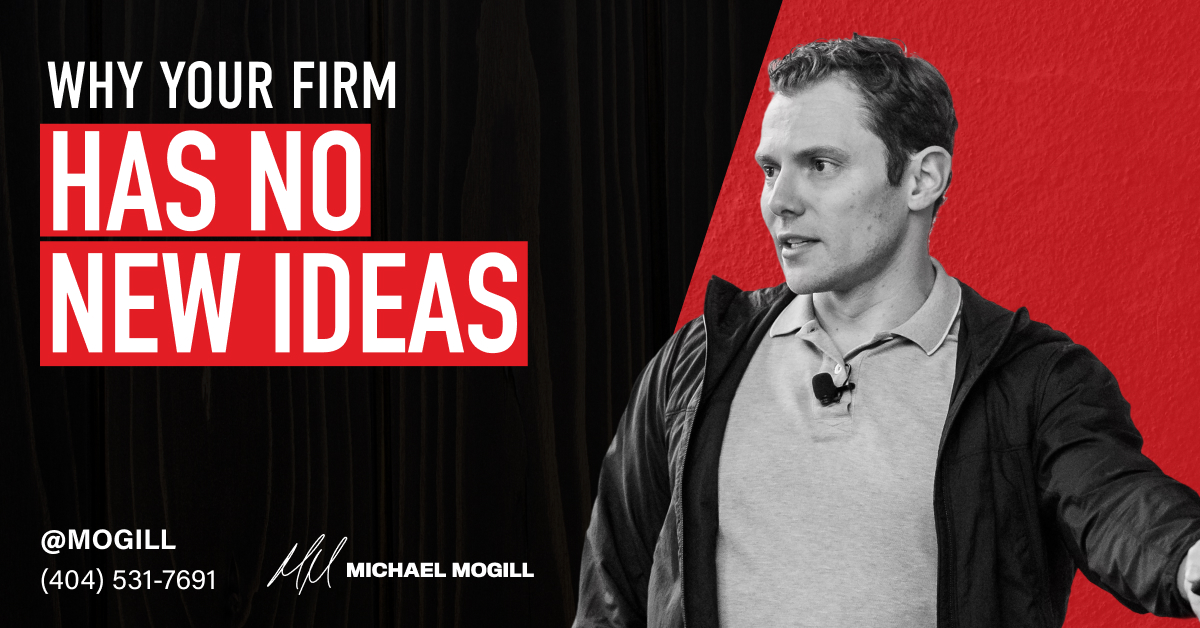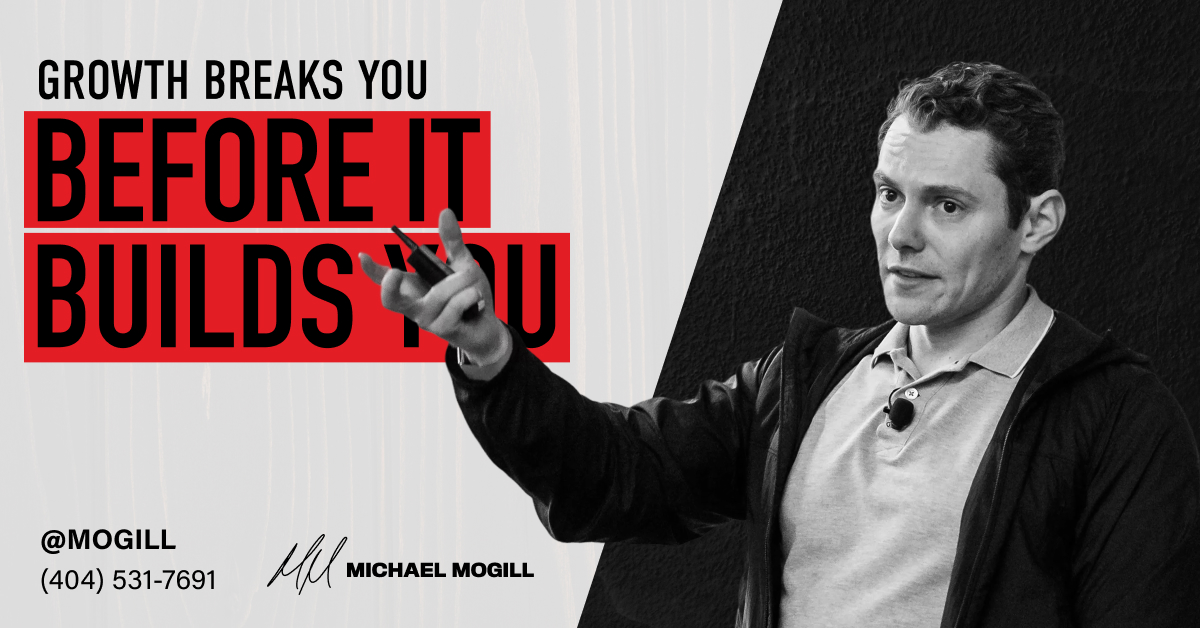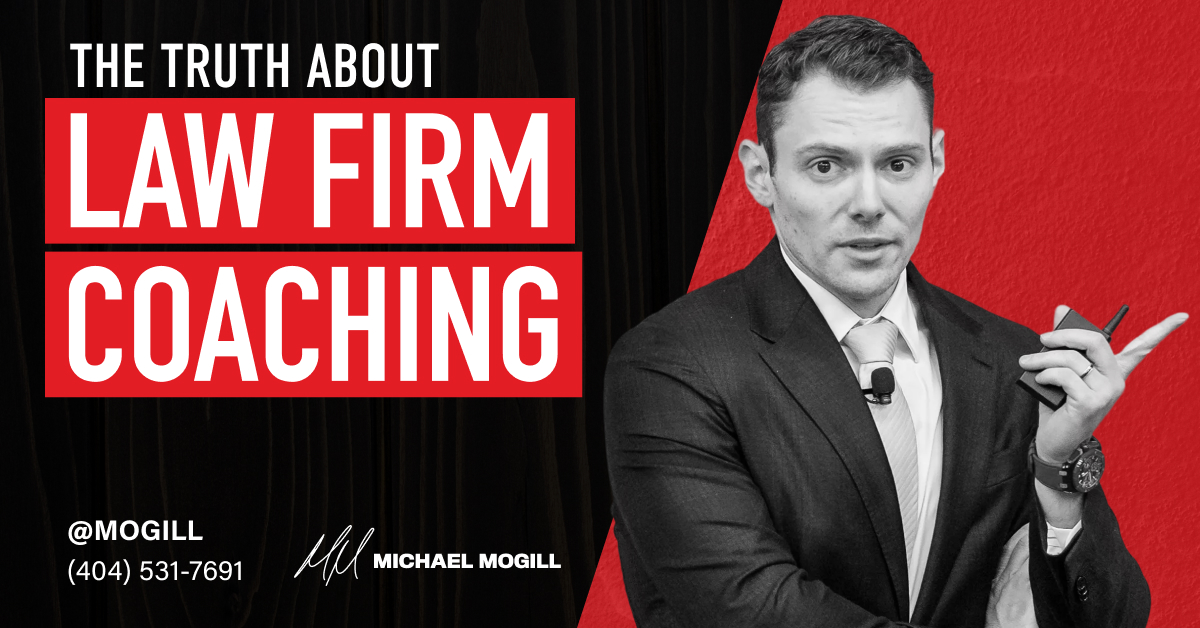Early in my career, I thought being a good leader meant being nice. When someone on my team was struggling, I’d soften expectations, adjust deadlines, and tell them not to worry about doing their work as much. I thought that was me being empathetic.
It wasn’t. It was sympathy. And, as many don’t know, there’s a big difference between the two.
Sympathy says, “I’m so sorry for you, you poor thing. How could this happen?” And does nothing else. Empathy says, “I can only imagine how hard that is. How can I best support you through this and get you back to yourself?”
One makes people feel pitied and like they’re no longer the capable, talented member of society they used to be. The other supports without looking down on them.
When someone’s dealing with a tough situation — a car breaking down, a kid getting sick, life just throwing them a random curveball — the empathetic leader doesn’t lower the bar. They help the person figure out how to reach their usual standard.
It may seem cold on paper, but it’s not. It’s caring with accountability.
When I tell people that I understand their difficulties and that I’m there to help find a solution, what I’m really saying is, “I believe in your ability to rise above this.” That’s a powerful statement that communicates trust. It tells someone, “I don’t think you’re any less capable or talented because of this setback — you’re not a victim of this circumstance.”
Sympathy, on the other hand, might feel kind in the moment but can quietly undermine someone’s growth. If I start telling someone, “You poor thing, life is so unfair,” I’m actually reinforcing helplessness. I’m helping them listen to that destructive little voice that tells them they won’t be able to come back from this. By lowering my expectations for their performance, I also lower their own expectations of their performance and therefore, their potential.
And that wouldn’t help anyone.
There’s a phrase I love from Kim Scott, author of Radical Candor: ruinous empathy. It’s when you care about someone so much that you avoid holding them accountable. You let things slide because you don’t want to make them uncomfortable. But what happens when you do that is you rob them of the chance to improve, adapt, and become stronger.
And that’s not kindness; that’s avoidance dressed as compassion.
True empathy says, “I understand what you’re going through, but I’m still going to hold you to a high standard because I believe you can meet it.”
Sounds tough? Think of it this way: Your car breaks down and you tell your boss that you can’t make it to work. Sympathy would say that’s ok. Empathy wouldn’t let them stay home and instead, offer some sort of support to get them to work on time anyway. Sympathy would end the conversation. Empathy would create a solution.
At the end of the day, life happens to all of us. But as a leader, you have to help people navigate their challenges without losing sight of the standard. Because one thing worse than a car breaking down, or air conditioning going out, or a dog eating your brief? Not having a job. Not being relied upon. Losing faith in your own self to perform at your best.
So lead with empathy: feel for people, understand them, support them. But don’t victimize them.
The best leaders don’t say, “I’m so sorry for you,” as they look down at their team members with pity. They say, “I have full faith you can handle this, and I’m here to support you through it.”
And that’s not just empathy. That’s empowerment.






